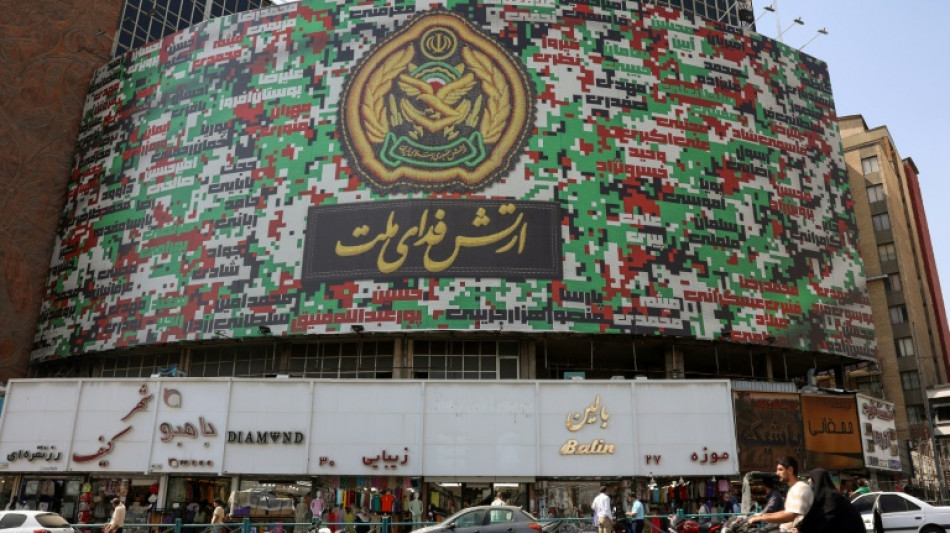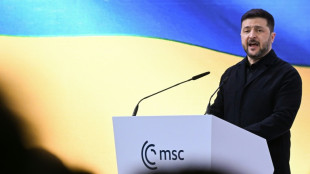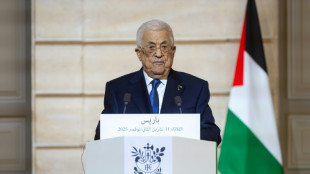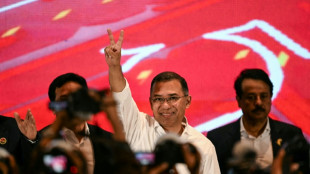

Europeans tell Iran offer on table to avoid sanctions
European powers said Friday they were ready to drop a new sanctions push on Iran if it addresses concerns on its nuclear program over the next month, but Tehran denounced the offer as insincere.
Britain, France and Germany, known as the E3, triggered the so-called "snapback" mechanism the previous day to reinstate UN sanctions on Tehran for failing to comply with commitments made in a 2015 deal over its nuclear program.
In July, "we offered Iran an extension to snapback, should Iran take specific steps to address our most immediate concerns," Barbara Woodward, the British ambassador to the United Nations, said alongside her German and French counterparts ahead of a closed-door Security Council meeting on the issue.
"As of today, Iran has shown no indication that it is serious about meeting" the E3's requests, she said.
But triggering the snapback mechanism "does not mark the end of diplomacy. Our extension offer remains on the table," Woodward said.
On a visit to Copenhagen, EU foreign policy chief Kaja Kallas said that the 30-day window before the sanctions took effect offered an "opportunity" for diplomacy.
"We have this 30 days to sort things out," she told reporters.
The 2015 deal negotiated under former US president Barack Obama offered Iran sanctions relief in return for drastically scaling back its nuclear work.
President Donald Trump effectively killed the deal during his first term when he pulled out the United States and imposed sweeping US sanctions, including on countries that bought Iranian oil.
Trump had moved toward diplomacy in his second term but Israel swept the push aside in June when it carried out a major bombing campaign in Iran, which the United States eventually joined.
Secretary of State Marco Rubio said Thursday the United States was also open to direct talks with Iran.
- Iran cries foul -
Iran accused the Europeans of bad faith and "blackmailing" Tehran by speaking of the 30-day window.
The E3 "has put forward an extension plan full of unrealistic conditions This is a hypocritical move," Iran's ambassador to the United Nations, Amir-Saeid Iravani, told reporters after the Security Council meeting.
"They are demanding conditions that should be the outcome of the negotiations, not the starting point, and they know these demands cannot be met," he said.
Iranian Foreign Minister Abbas Araghchi warned again via social media of "significant adverse impacts" of the European decision, including on Iran's relationship with UN nuclear inspectors, who this week were allowed back to observe the key Bushehr plant.
Russia and China have proposed extending the resolution behind the 2015 deal, which they signed, for another six months.
Russia said President Vladimir Putin will meet with his Iranian counterpart Masoud Pezeshkian on Monday on the sidelines of a gathering in China.
The Russian foreign ministry urged the Europeans to reconsider the sanctions, which it said risked "irreparable consequences."
Western countries accuse Iran of seeking to acquire nuclear weapons -- something Tehran denies, defending its right to what it insists is a civilian nuclear program.
F.Lambert--MJ



